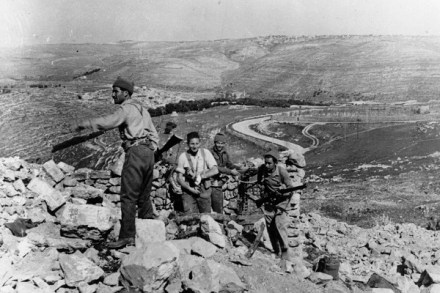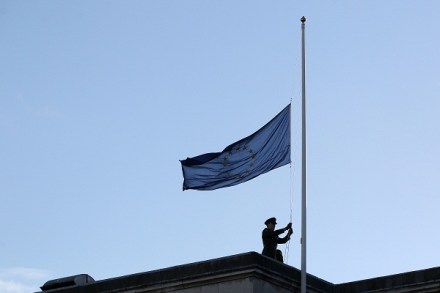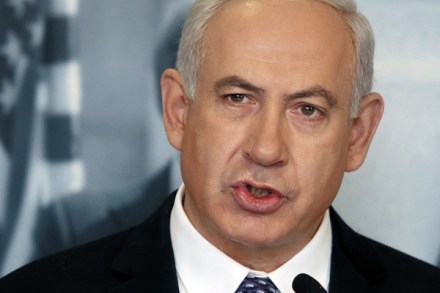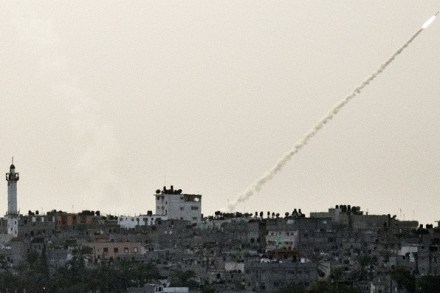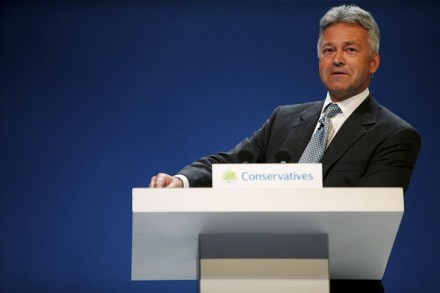Is Israel going green?
Israel’s PR electoral system annoys mainstream politicians because it encourages a plethora of fringe parties, who waste their time and prevent them from doing what they want. The governing Likud-Beiteinu came together on a promise to overhaul the system. The proposals include raising the threshold for entering the Knesset from 2 to 6 per cent, thus removing some the smaller parties from the picture. Diversity is often numbing. But the prospect of Israel’s leaders revising the rules for their benefit invites suspicion, especially now that Avigdor Liberman, who led the push for reform, has had to stand down following charges of corruption. Moreover, reform would make things less funny. Take



